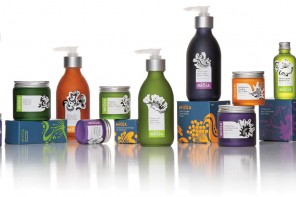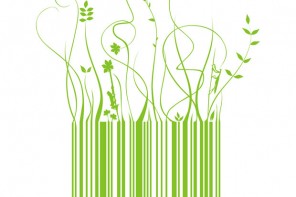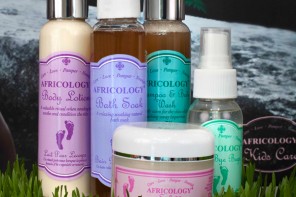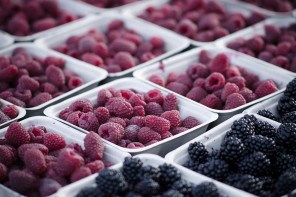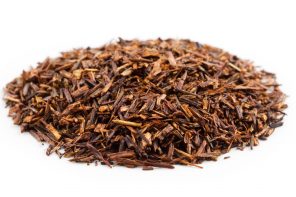A Lot To Say was founded by two sisters.
Both having successful first careers, they wanted to do something outside of their primary businesses. Something that they could not only do together, but something that was fresh and timely and that would inspire them as well others. Both wanted to get into the environmental space and saw that “green” products in retail were just not exciting (nor very cute). Their thought was that for people to spread the eco word via t-shirts, tanks and other apparel, there had to be something that was hip, interesting, fashionable and wearable. Every day, in every day lives.
They came up with a concept for a green t-shirt line that utilized the power of the written word. They proceeded to give it a voice and a place in the world. The voice was one that was smart, provocative, factual and easy to understand. The message was informative and empowered people to do more, even if it were only one small thing a day. They believed this kind of “in me, on me , around me” approach would be successful in educating people on the green space to embrace a new awareness about sustainability and responsibility to the planet.
The environmental line that was born was not only all these things, it was also super cute, which was super important. It was made completely of environmentally respectful materials and organic fabrics. And it was made in the USA, which meant no sweatshop labor.
But the sisters had more work to do before this line would be all they could make it. They uncovered a true, but startling fact: it took an average of 15-25 gallons of water to traditionally dye just one t-shirt.
They educated themselves further. Not only about the statistics concerning global water shortage but also more regionally about the challenge of California’s strict water conservation policy over the next 5 years. That paired with the issues of toxic dyes and the fact that bamboo and cottons aren’t all that healthy for the planet (they require a lot of processing to make them soft and therefore are not so environmental) they sought to be the pioneers of the ultimate sustainable, environmental shirt.
Their journey paid off. They found amazingly soft material that people would love to have rub against them. And the best part was, this amazingly comfortable fabric was made entirely of RECYCLED BOTTLES. The materials saved from not having to grow, harvest and process the raw materials not only helped conserve our planet’s limited resources. At the same time, it also played a huge part in removing non-biodegradable materials from our landfills.
Traditional textile dyeing can consume 56 to 600 times a garment’s weight in water. Water that is often taken from critically scarce sources and polluted before being released back into the environment.
The sustainable alternative to these methods is AirDye® technology from a forward thinking company that pioneered this technology that uses NO WATER in the application of colour to fabric. That meant almost no water would need to be destroyed in coloring our shirts, thus helping to preserve precious water supplies. If everyone employed AirDye® technology, it could save trillions of gallons of water a year around the globe that are currently used to apply color textiles. This preserved water could then be used to feed the world and provide a cleaner, safer environment.
Another plus to AirDye technology is that no toxins are used in the process. The process also reduces energy consumption by up to 86%, green house emissions by up to 84%, and eliminates PVC products altogether. (PVC is a highly carcinogenic plastic with a lifespan of hundreds of years in our landfills.)
Because of the material, the printing, the revolutionary dye process and the powerful messaging, these “ULTIMATE” in environmental t-shirts were a hit with conscience minded people as well as fashionistas.
The liveeco team

